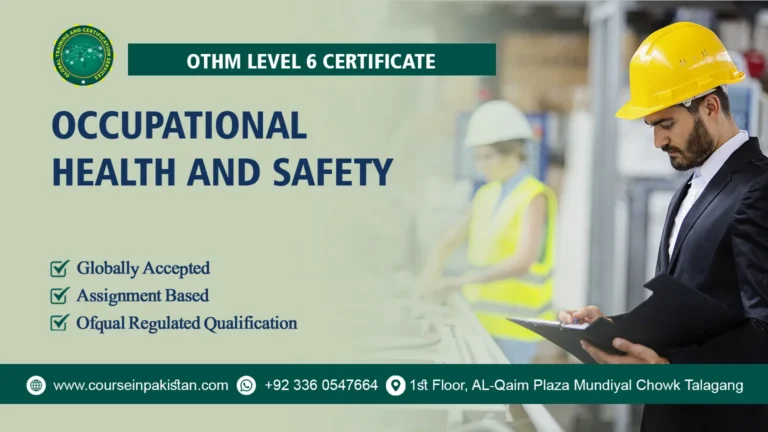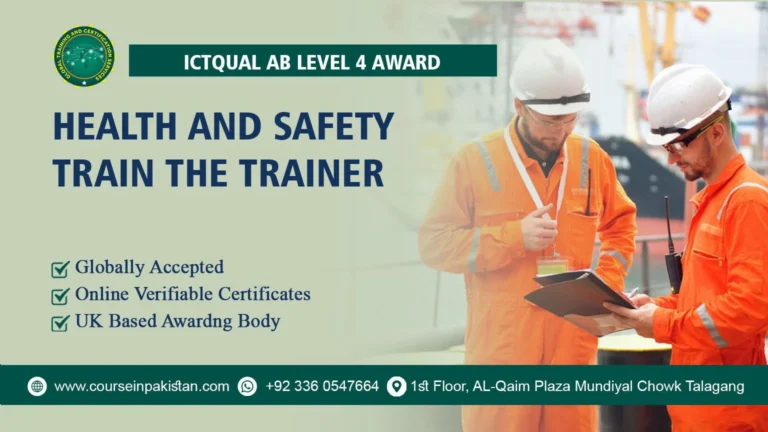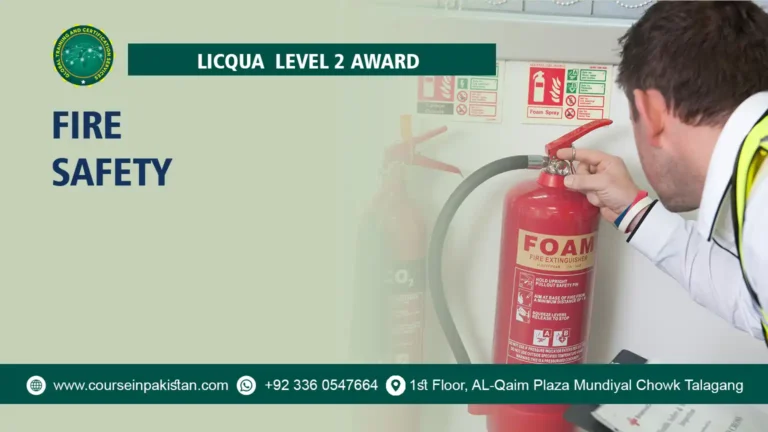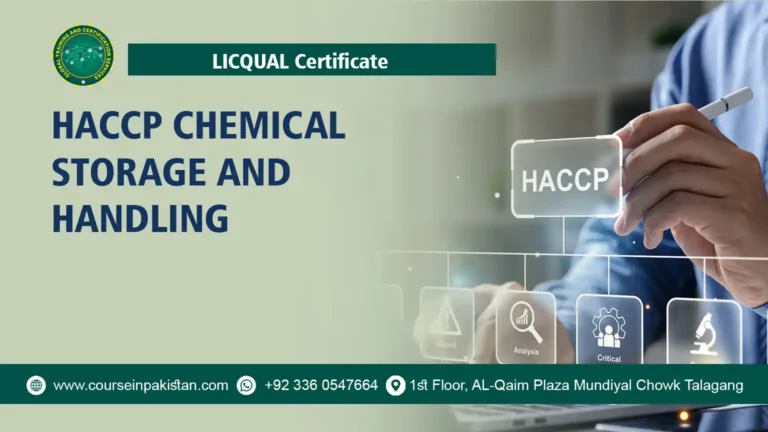
LICQual Level 5 Diploma in Controlling Lifting Operations — Planning Lifts
The Level 5 Diploma in Controlling Lifting Operations — Planning Lifts is an advanced qualification tailored for professionals seeking expertise in planning and executing complex lifting operations. This diploma focuses on developing strategic planning skills, advanced rigging techniques, regulatory compliance, and leadership capabilities essential for overseeing and managing lifting projects effectively.
Course Overview
Participants in the Level 5 Diploma will undergo comprehensive training that integrates theoretical knowledge with practical applications. The course covers a wide spectrum of topics including strategic planning of lifting operations, advanced rigging principles, risk management strategies, regulatory compliance, and leadership in lifting projects. Through hands-on exercises, simulations, and case studies, participants will acquire practical insights and develop critical decision-making abilities crucial for planning and executing safe and efficient lifting operations.
Course Benefits
- Expertise in Planning: Gain advanced skills in strategic planning and execution of lifting operations.
- Career Advancement: Enhance career prospects with a recognized diploma that demonstrates proficiency in lifting operations planning.
- Leadership Development: Develop strong leadership skills to effectively manage and lead teams in lifting projects.
Course Study Units
The Level 5 Diploma in Controlling Lifting Operations — Planning Lifts typically includes study units such as:
- Legal and Regulatory Framework for Lifting Operations
- Risk Assessment and Management in Lifting Operations
- Planning and Organizing Complex Lifts
- Lifting Equipment and Resources
- Effective Communication and Coordination in Lifting Operations
- Evaluation and Continuous Improvement of Lifting Operations
Learning Outcomes
Legal and Regulatory Framework for Lifting Operations
Learning Outcomes:
- Interpret and apply legal requirements and regulations relevant to lifting operations.
- Ensure compliance with industry standards, codes of practice, and statutory requirements.
- Implement measures to mitigate legal risks and liabilities associated with lifting activities.
Risk Assessment and Management in Lifting Operations
Learning Outcomes:
- Conduct comprehensive risk assessments specific to lifting operations, considering potential hazards and risks.
- Develop and implement effective risk management strategies to mitigate identified risks.
- Monitor and review risk management measures to ensure continuous improvement in lifting operations safety.
Planning and Organizing Complex Lifts
Learning Outcomes:
- Develop strategic plans for complex lifting operations, considering safety, efficiency, and regulatory compliance.
- Coordinate resources, equipment, and personnel effectively to ensure smooth execution of lifting projects.
- Anticipate and mitigate challenges through proactive planning and contingency measures.
Lifting Equipment and Resources
Learning Outcomes:
- Identify and evaluate lifting equipment and resources required for various lifting operations.
- Assess the capabilities and limitations of lifting equipment to ensure safe and efficient operations.
- Optimize resource allocation and utilization to achieve operational goals and maintain safety standards.
Effective Communication and Coordination in Lifting Operations
Learning Outcomes:
- Establish clear communication channels and protocols among lifting operations teams and stakeholders.
- Utilize effective communication techniques to convey instructions, objectives, and safety protocols.
- Foster collaboration and teamwork to achieve operational goals and maintain safety standards.
Evaluation and Continuous Improvement of Lifting Operations
Learning Outcomes:
- Monitor and evaluate lifting operations to identify areas for improvement and efficiency.
- Implement measures for continuous improvement in safety, productivity, and operational effectiveness.
- Analyze data and feedback to refine procedures, enhance performance, and achieve organizational goals.
These learning outcomes equip participants with essential skills and knowledge required to effectively manage and supervise lifting operations. By mastering these study units, professionals in the lifting operations industry can ensure compliance with legal standards, optimize safety and efficiency, and lead successful lifting projects. This knowledge not only enhances career prospects but also contributes to the overall safety and productivity of lifting operations in various industrial sectors.
Who is This Course For?
The Level 5 Diploma in Controlling Lifting Operations — Planning Lifts is ideal for:
- Experienced lifting operations managers and supervisors responsible for planning and overseeing lifting projects.
- Safety professionals and engineers involved in risk management and regulatory compliance within lifting operations.
- Project managers seeking advanced skills in strategic planning and leadership in lifting projects.
Future Progression for This Course
Successful completion of the Level 5 Diploma opens doors to advanced career opportunities and further professional development. Graduates may pursue roles such as senior lifting operations manager, project director, or consultant specializing in lifting operations planning and management. Additionally, this diploma serves as a pathway to higher-level qualifications and certifications in health and safety management, project management, or executive leadership within the lifting and rigging industry.
Level 5 Diploma in Controlling Lifting Operations — Planning Lifts equips participants with advanced skills, knowledge, and leadership abilities necessary to excel in planning and executing complex lifting operations safely and efficiently. By mastering strategic planning, advanced rigging techniques, and regulatory compliance, professionals play a pivotal role in ensuring workplace safety, optimizing lifting operations, and driving organizational success.






